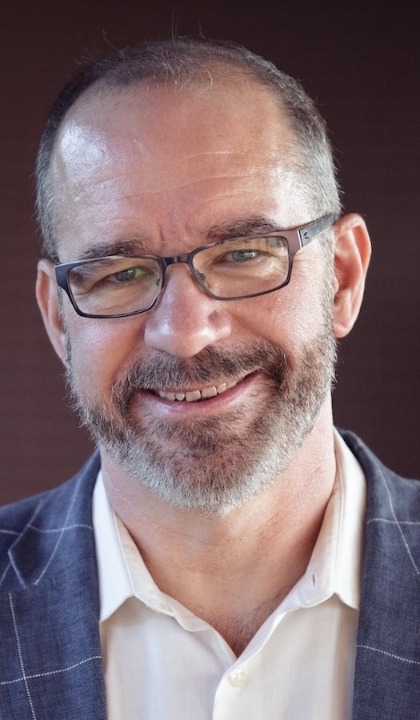SLU, WashU Medicine Research Shows Psychedelic Decriminalization Hasn't Increased ER Visits
Bridjes O'Neil
Communications Specialist
bridjes.oneil@slu.edu
314-282-5007
Reserved for members of the media.
ST. LOUIS — A new study published in JAMA Network Open analyzed national hospital admission data from 2016 to 2023 to assess whether decriminalizing psychedelics—such as psilocybin (“magic mushrooms”)—has led to more people needing emergency or inpatient care.
“These findings add important context to other studies showing rises in hallucinogen use," said Richard Grucza, Ph.D., professor of family and community medicine and health outcomes research at Saint Louis University School of Medicine. “Those increases don't seem to be contributing to rising ER visits, and if anything, alcohol and other drugs seem to be driving adverse consequences of psychedelic use.”

“In fact, after a small rise through early 2020, admissions declined through 2023, with no correlation to decriminalization policies,” added senior author Kevin Xu, M.D., assistant professor of psychiatry at Washington University School of Medicine in St. Louis.
The study was a collaborative effort between researchers at SLU and WashU Medicine. Grucza co-designed the study and co-led the analysis. Ruizhi (Regina) Huang, a biostatistician at AHEAD, collaborated with WashU Medicine’s Joanna Buss on time-series modeling.
Grucza emphasized that while psychedelics can pose risks for people with mental health issues, there is no evidence of widespread harm following policy changes. As municipal and state-level policies evolve and psilocybin nears FDA consideration for depression, the data show that hallucinogen incidents remain rare. They account for just 0.6–1.2% of substance-related hospital encounters, far eclipsed by alcohol and opioid cases. Importantly, those admitted tend to have serious mental illness or co-occurring substance use disorders.
The researchers caution that while the findings do not indicate large-scale public health problems, psychedelics still carry risks, especially for vulnerable individuals.
Richard Grucza, Ph.D.
Grucza is a professor of family and community medicine and health outcomes research at Saint Louis University School of Medicine and serves as co-senior director for research at Saint Louis University’s Advanced HEAlth Data (AHEAD) Institute, a center that addresses public health issues to improve patient health outcomes through data-driven innovation. As a researcher in substance use disorders, Grucza seeks to improve policies and treatments for substance and opioid use. He is among the top five percent of most cited researchers in the U.S.
About Saint Louis University
Founded in 1818, Saint Louis University is one of the nation’s oldest and most prestigious Catholic research institutions. Rooted in Jesuit values and its pioneering history as the first university west of the Mississippi River, SLU offers more than 13,300 students a rigorous, transformative education that challenges and prepares them to make the world a better place. As a nationally recognized leader in research and innovation, SLU is an R1 research university, advancing groundbreaking, life-changing discoveries that promote the greater good.
About SLU School of Medicine
Established in 1836, Saint Louis University School of Medicine has the distinction of awarding the first medical degree west of the Mississippi River. The school educates physicians and biomedical scientists, conducts medical research, and provides health care on a local, national and international level. Research at the school seeks new cures and treatments in five key areas: cancer, liver disease, heart/lung disease, aging and brain disease, and infectious diseases.
About AHEAD Institute
The Advanced HEAlth Data (AHEAD) Research Institute at Saint Louis University is a comprehensive center for data-driven innovation and research to improve the health of individuals and populations. The institute brings together researchers from various fields and disciplines to help improve patient and population health, advance the quality of health care and decrease health care costs. The new institute will utilize and develop data resources, novel analytic methods, predictive modeling, machine learning, and integrated wearable health devices and collaborate with national research networks.

















